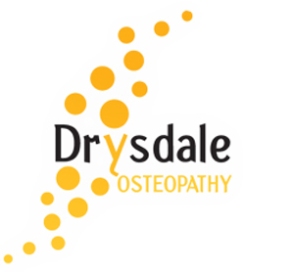 A bacterial cocktail could soon offer a knifeless alternative to gastric bypass surgery.
A bacterial cocktail could soon offer a knifeless alternative to gastric bypass surgery.
The gastric bypass limits a person’s food intake by, in effect, reducing the size of the stomach – often to the size of a walnut. The procedure is an effective treatment for obesity and associated diseases such as type 2 diabetes, and typically leads to a loss in excess body weight of between 65 and 75 per cent. However, it carries a high mortality risk, especially in severely obese individuals.
Lee Kaplan at Massachusetts General Hospital in Boston and colleagues may have discovered an alternative to surgery. The team performed a gastric bypass on mice and then fed microbes from their lower intestine to other healthy mice. The mice fed the bacterial cocktail lost five per cent of their body weight in two weeks, compared with mice on the same diet who had not been fed the bacteria.
This work is a big step towards a “knifeless bypass”, says Carel le Roux at University College Dublin, Ireland, who was not involved in the study. He says that although the gastric bypass cuts calorie intake, it also leads to subtle physiological effects, such as changes in gut bacteria, hormones, bile acids and nerve connections. “It changes how the gut talks to the brain,” says le Roux.
It is not yet clear exactly why giving mice gut bacteria from mice that have had a bypass leads to weight loss. The researchers suggest that the gut bacteria present following surgery may reduce the ability of the intestines to absorb calories, or may alter signals regulating metabolism. The goal is to understand what these microbes are doing and duplicate the effects by other means, le Roux says.
Swapping gut bacteria isn’t unprecedented as a treatment. In 2010, an 89-year-old woman with a potentially fatal infection received what is known as a faecal transplant from her son. With 24 hours, her fever had abated and the infection soon disappeared. Similar transplants have been successful in minimising symptoms of Parkinson’s, multiple sclerosis, chronic fatigue syndrome and rheumatoid arthritis.

